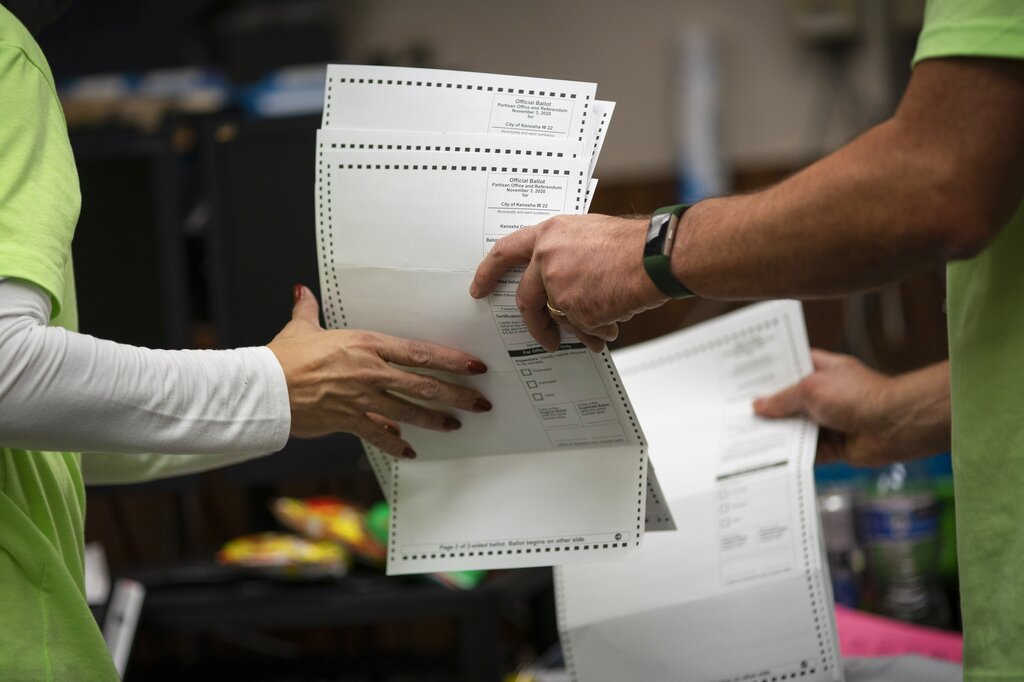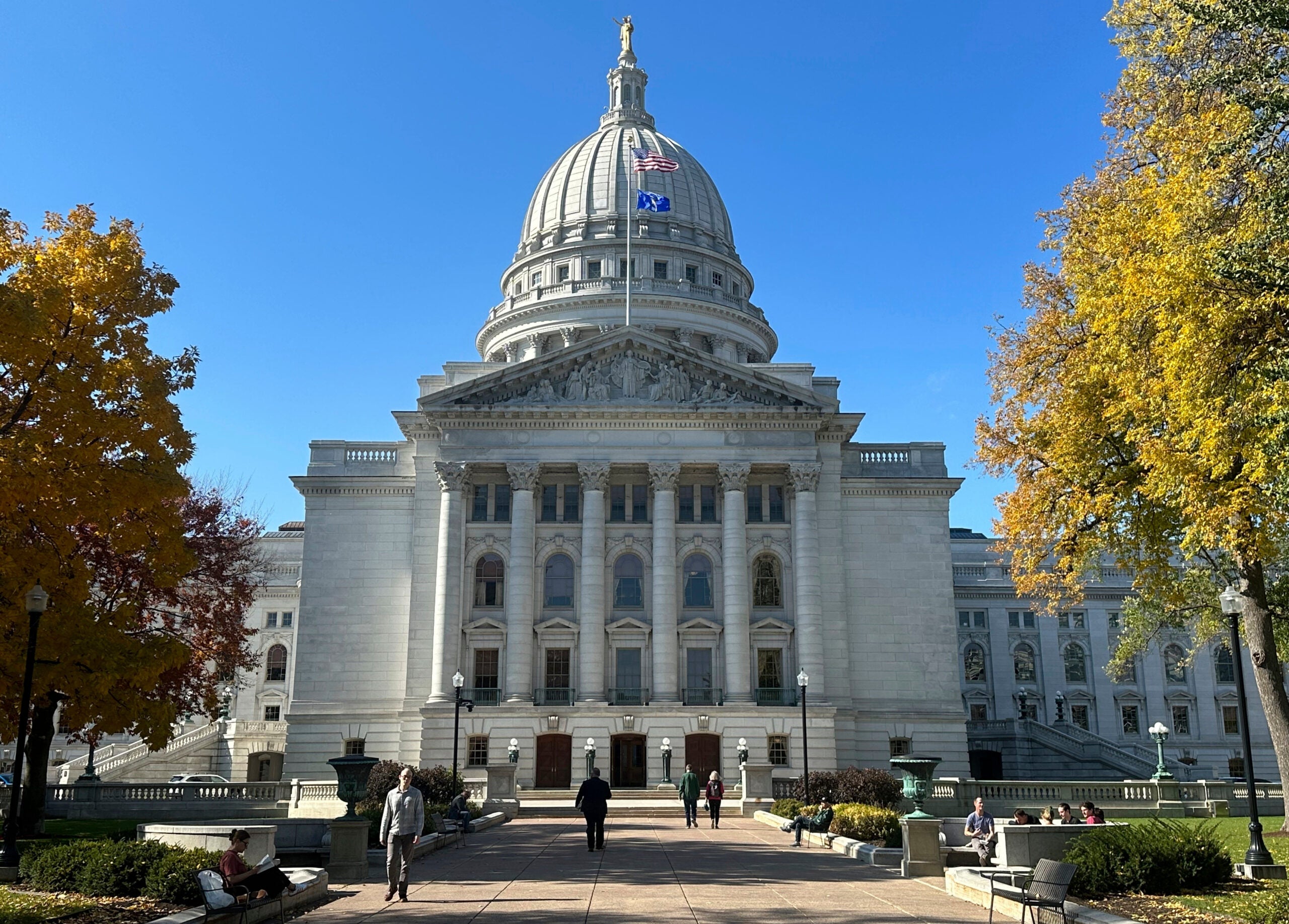A ruling halting the practice known as ballot spoiling has been put on hold after Democrats succeeded in obtaining a stay from Wisconsin’s Court of Appeals.
Last week, Waukesha County Circuit Court Judge Brad Schimel granted a temporary injunction that effectively halted ballot spoiling across Wisconsin. That’s when a voter asks a clerk to destroy a previously submitted absentee ballot, so a new one can be filled out before Election Day. Ballots spoiling became better known during the primary elections this year after a series of candidates dropped out of their races after many people had already turned in absentee ballots.
A group founded by prominent Republicans called Restoring Trust and Integrity in Elections tried to block the practice by filing a lawsuit last month, arguing that guidance on ballot spoiling violates state law and increases opportunities for fraud. Schimel’s temporary injunction took effect Friday and would have remained in place until the Circuit Court issued a further decision.
News with a little more humanity
WPR’s “Wisconsin Today” newsletter keeps you connected to the state you love without feeling overwhelmed. No paywall. No agenda. No corporate filter.
But the Democratic National Committee is intervening in the suit on behalf of the bipartisan Wisconsin Elections Commission. On Monday, the DNC was granted a stay that puts Schimel’s injunction on hold while the appeals court decides whether to take up the case.
The legal battle is unfolding while many Wisconsin voters have already began turning in absentee ballots ahead of the Nov. 8 midterm elections. Absentee ballots have been a particular point of contention in the state, which has a history of close elections.
Last month, the Elections Commission withdrew its guidance instructing clerks to fill in missing information on absentee ballot witness certificates after a Waukesha County judge ruled the practice is illegal. That decision came in response to a separate Republican-led lawsuit.
This summer, Wisconsin’s Supreme Court made it less convenient for voters turn in absentee ballots by effectively outlawing ballot drop boxes. Instead, a voter must return a completed absentee ballot to local clerk’s office personally or by mail, the court ruled.
With less than a month until Election Day, the commission tasked with overseeing elections across the state remains divided along party lines.
The Wisconsin Elections Commission rejected a proposal with a 3-3 vote on Monday that would have updated guidance for how clerks should set up spaces for election observers.
The updated language instructed the chief election inspector to provide observation areas within 3 to 8 feet of the tables where voters go to announce their names and addresses before voting. Republicans said the guidance mirrored state election law and would have provided additional clarity. They also agreed to include language saying the spaces should be provided “to the extent physically possible and without disrupting the election process.”
Democrats contended the proposal was more stringent than the law, because it specified the areas should be set up at “every table” where electors names are called, as compared to the law which references “the table.”
“It’s going to add more confusion than clarity,” Democratic Commissioner Mark Thomsen said. “The six of us should not be creating problems for the (elections) staff, especially within 30 days of an election.”
Observers are allowed to monitor elections from polling places to make sure laws are followed. But, after former President Donald Trump refused to accept the results of the 2020 election, Democrats and voting rights advocates worry some poll watchers will engage in voter intimidation.
The Elections Commission convened privately during a lengthy closed session Monday to discuss litigation, but the body ultimately adjourned without public discussion of its ballot spoiling guidance.
Wisconsin Public Radio, © Copyright 2025, Board of Regents of the University of Wisconsin System and Wisconsin Educational Communications Board.







